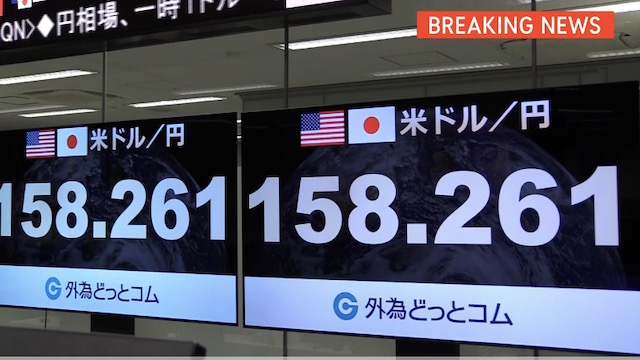Sep 01 (Japan Times) - Recent data on the production of scientific papers by country point to an overall decline in Japan's capabilities to pursue scientific research.
The data reflect a long-term worsening of the environment surrounding the nation's researchers. Japan now faces a critical situation in terms of its power to produce significant scientific findings. To overcome this crisis, the government needs to review and change the basic direction of its science policy so that the environment in which Japanese researchers work can be markedly improved.
According to the National Institute of Science and Technology Policy, an organization under the education ministry, the annual number of scientific papers produced by Japan from 2013 to 2015 was 6 percent less than 10 years earlier, pushing the nation's global ranking down from No. 2 to No. 4. The institute tallied the number of papers produced by universities and research institutes in major countries and calculated the yearly average for comparison.
In the period from 2003 to 2005, Japan published 68,000 scientific papers each year, but the number fell to 64,000 in the 2013-2015 period. China's output increased more than fourfold from 52,000 to 220,000, pushing the nation up to the No. 2 position. Germany came in third by increasing its output by 1.2 times over the decade. While the United States retained the No. 1 position, the number of papers produced by India and South Korea more than doubled. In terms of the number of papers that received strong attention from other researchers, Japan's position fell from No. 4 to No. 9.
The trend is nothing new. The increase in the number of scientific papers produced by national universities, which account for half of Japan's output in such papers, began to stagnate in the mid-2000s, while papers produced by researchers at Japanese businesses have been on the decline since the 1990s.
Multiple factors are behind the trend, but a major problem has been that the government's policy toward national universities, in particular cuts to funding for basic expenses, has weakened the foundations of their scientific research. Government grants to national universities began to decline in 2004, when the legal status of these universities was changed to one similar to independent administrative organizations. The amount of grants to national universities in fiscal 2017 is 10 percent less than in 2004. Government subsidies for private universities are not increasing either. Research funds provided by universities to researchers have grown thin and it has become difficult for these institutions to offer stable employment to young researchers.









